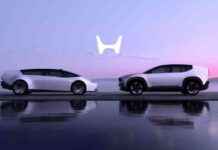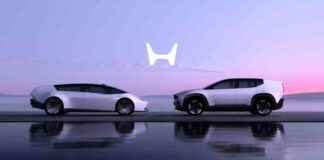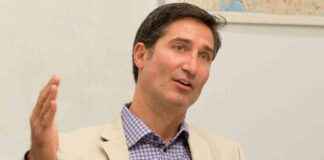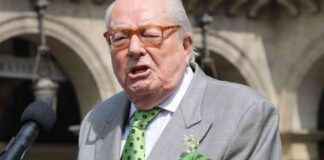The State Department has decided to halt a $400 million armored Tesla purchase, a move that has raised eyebrows and sparked speculation across the nation. Elon Musk, the charismatic CEO of Tesla Inc., found himself at the center of the controversy as he walked to the Eisenhower Executive Office Building near the White House in Washington, DC on Thursday, February 13, 2025.
Unveiling the Decision
The decision to stop the massive armored Tesla purchase came as a surprise to many, especially considering the increasing demand for electric vehicles in government fleets. Critics and supporters alike were left wondering about the motivations behind this sudden change of plans. Some speculated that budget constraints or shifting priorities might have influenced the State Department’s decision, while others questioned the reliability and security of Tesla’s armored vehicles.
In a statement released shortly after the news broke, a spokesperson for the State Department emphasized the need for thorough evaluation and consideration before moving forward with such a significant procurement. The spokesperson highlighted the importance of ensuring that taxpayer dollars are spent wisely and responsibly, particularly when it comes to high-profile acquisitions like armored vehicles for government officials.
Implications for the Industry
The decision to halt the $400 million armored Tesla purchase sent shockwaves through the automotive industry, with experts weighing in on the potential ramifications. Some industry analysts predicted that this setback could tarnish Tesla’s reputation and impact its future prospects in the government contracting space. Others viewed it as a minor setback that would not significantly impact Tesla’s overall trajectory.
In response to the news, Elon Musk remained characteristically upbeat, expressing confidence in Tesla’s ability to weather the storm and continue innovating in the electric vehicle market. Musk reiterated his commitment to delivering cutting-edge technology and pushing the boundaries of what is possible in the automotive industry, despite the challenges that may arise along the way.
As the dust settles on this unexpected turn of events, one thing remains clear: the armored Tesla purchase may have been put on hold, but the conversation surrounding electric vehicles and government procurement is far from over. With the automotive industry evolving at a rapid pace and new players entering the market, the future of electric vehicles in government fleets remains an open question that is sure to generate further debate and discussion in the days and weeks to come.



















